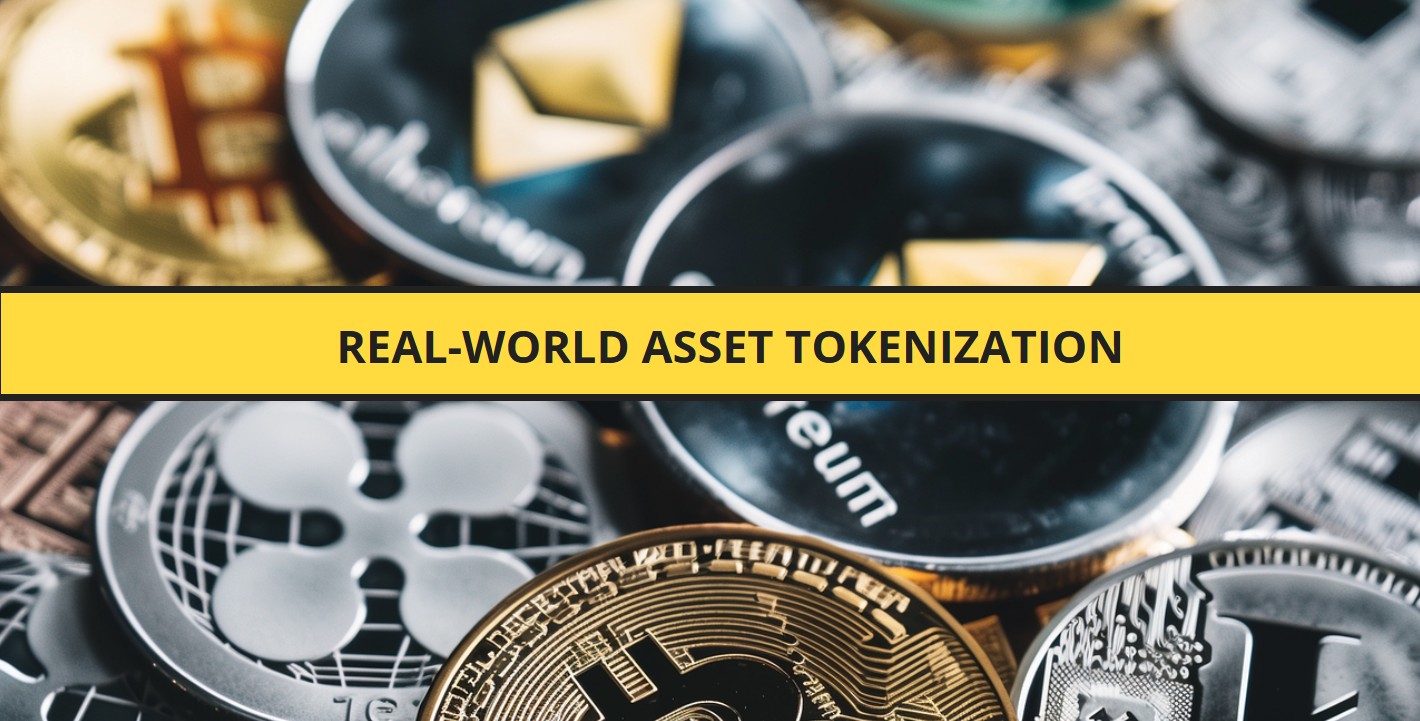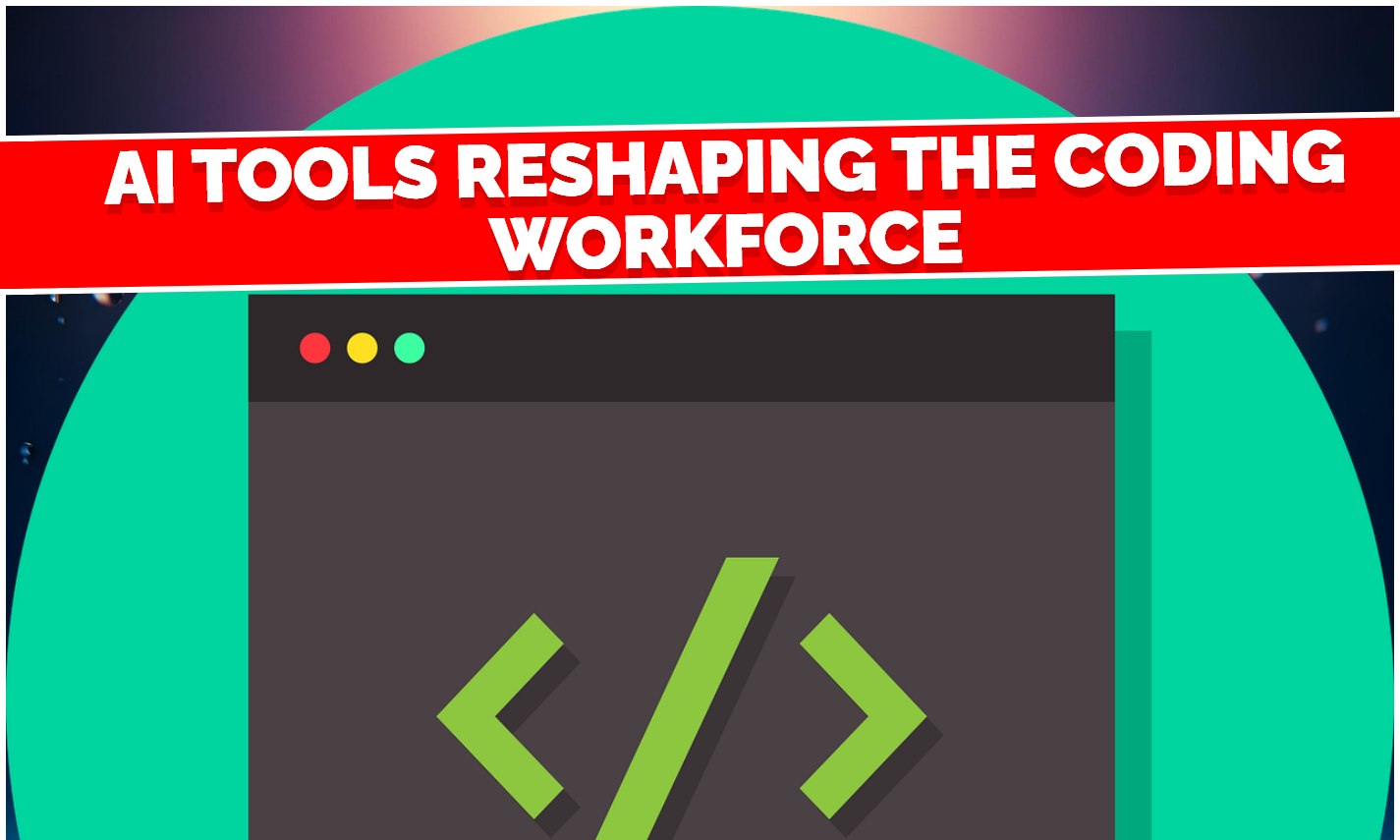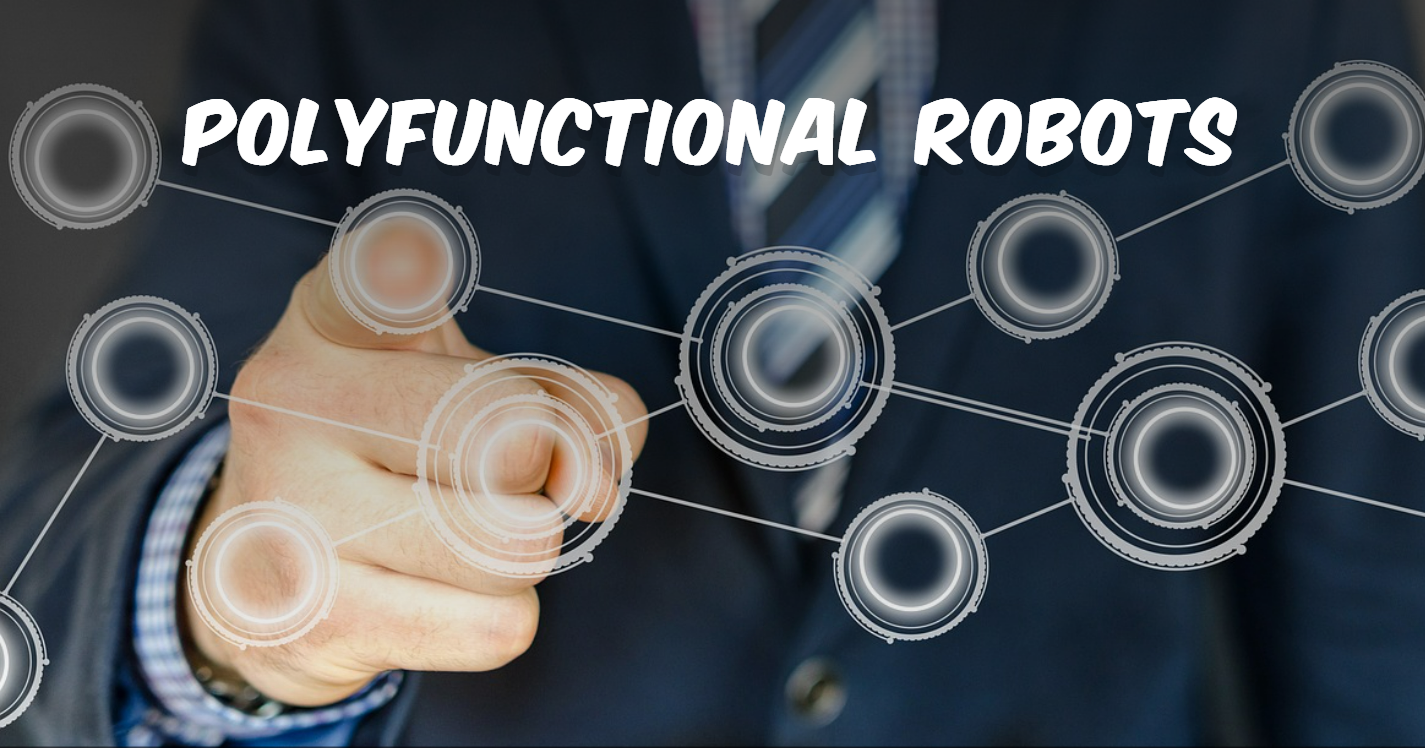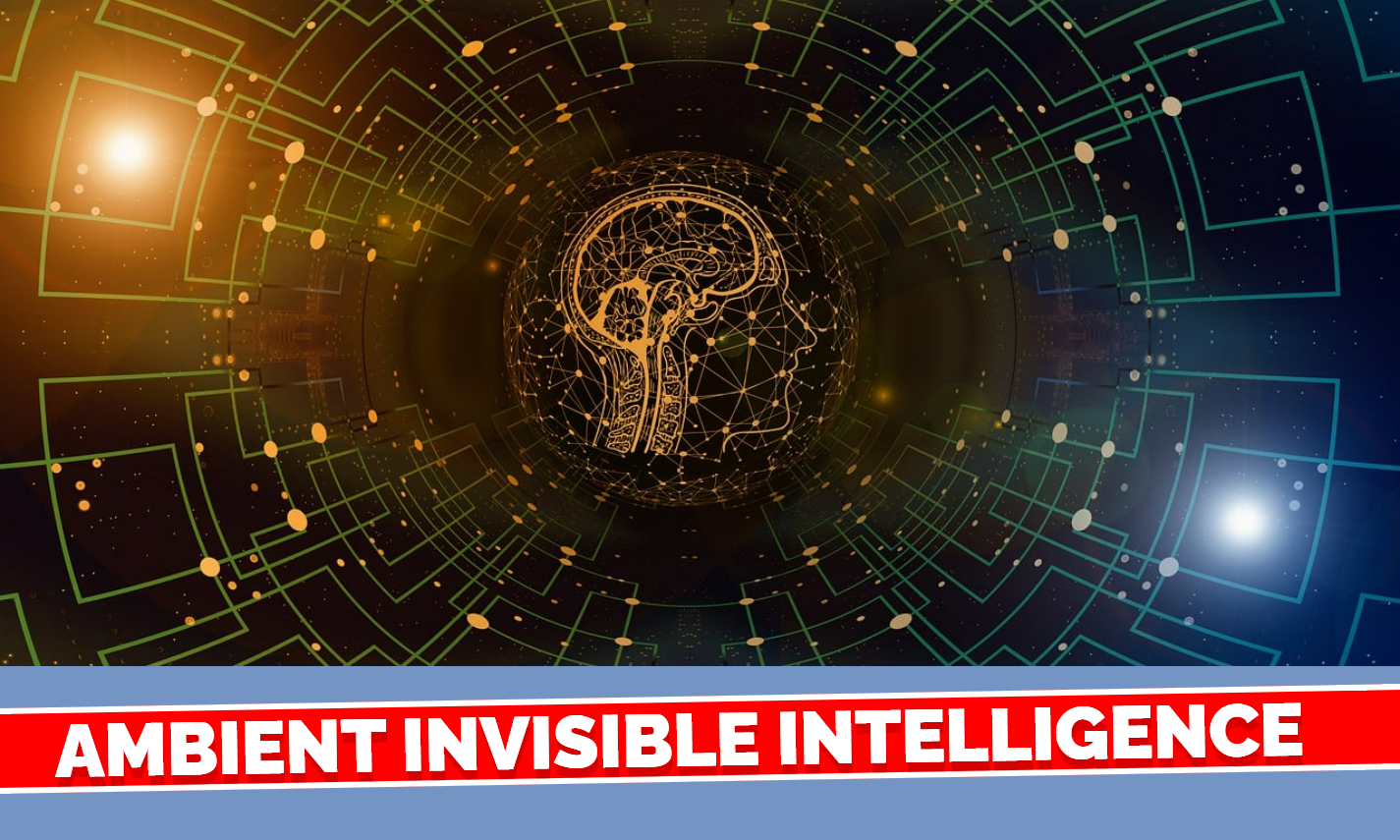As blockchain innovation proceeds to advance, the concept of Real-World Resource (RWA) tokenization is developing as one of the most critical patterns in Web3. The thought of speaking to physical resources such as genuine domain, commodities, and budgetary disobedient on the blockchain is changing businesses, advertising progressed liquidity, straightforwardness, and proficiency. But is RWA tokenization genuinely the another huge slant in Web3? Let’s investigate its potential, challenges, and impact.
Understanding Real-World Resource Tokenization
Tokenization alludes to the prepare of changing over proprietorship rights of physical or intangible resources into computerized tokens on a blockchain. These tokens can speak to fragmentary possession, empowering more individuals to contribute in resources that were customarily illiquid or required critical capital. RWAs can include:
- Real Bequest: Property proprietorship can be isolated into littler, tradable units.
- Commodities: Valuable metals, oil, and rural products can be tokenized for simpler trading.
- Financial Rebellious: Bonds, stocks, and obligation securities can be changed over into blockchain-based assets.
- Intellectual Property & Collectibles: Work of art, licenses, and trademarks can be tokenized to confirm genuineness and empower fragmentary ownership.
The Benefits of RWA Tokenization
The tokenization of real-world resources presents various advantages:
- Enhanced Liquidity: Conventional resources like genuine domain and fine craftsmanship frequently endure from illiquidity. Tokenization empowers fragmentary possession, permitting financial specialists to purchase and offer parcels of resources effectively on auxiliary markets.
- Greater Openness: It democratizes speculation openings, empowering retail financial specialists to take part in resource classes already open as it were to organization investors.
- Transparency & Security: Blockchain gives an permanent record that guarantees straightforwardness in proprietorship and exchanges, diminishing extortion and disputes.
- Efficiency & Taken a toll Lessening: Shrewd contracts computerize forms such as possession exchanges, decreasing regulatory costs, and intermediaries.
- 24/7 Advertise Accessibility: Not at all like conventional stock markets, blockchain-based resources can be exchanged anytime, giving more adaptability to investors.
Key Utilize Cases of RWA Tokenization
1. Genuine Estate
One of the most promising utilize cases of tokenization is in the genuine bequest industry. Tokenized properties permit speculators to purchase fragmentary proprietorship in buildings, making genuine bequest speculations more fluid and available. Stages such as RealT and Propy are as of now spearheading tokenized genuine domain markets.
2. Commodities Trading
Gold and other valuable metals have been tokenized, making it less demanding to exchange and store these resources carefully. Companies like Paxos and Tie Gold offer blockchain-based gold tokens sponsored by physical reserves.
3. Craftsmanship and Collectibles
NFTs (Non-Fungible Tokens) have as of now revolutionized advanced craftsmanship, but tokenization is too being connected to physical craftsmanship. Through blockchain, craftsmanships can be partitioned into advanced offers, permitting numerous speculators to claim pieces of high-value art.
4. Money related Securities
Debt rebellious, stocks, and bonds are being tokenized to increment liquidity and streamline settlement forms. Tokenized securities dispense with the require for complex clearinghouse methods, making exchanging more efficient.
Challenges and Dangers in RWA Tokenization
Despite its potential, RWA tokenization faces a few challenges:
- Regulatory Instability: The lawful system for tokenized resources is still advancing, and compliance changes over jurisdictions.
- Market Appropriation: Conventional financial specialists and teach may be reluctant to grasp tokenized resources due to the complexity and dangers related with blockchain technology.
- Technical and Security Dangers: Keen contract vulnerabilities and cyber dangers can posture dangers to tokenized resource transactions.
- Valuation and Estimating Challenges: Guaranteeing exact estimating for tokenized resources can be complex due to fluctuating advertise conditions and need of standard valuation mechanisms.
The Future of RWA Tokenization in Web3
As blockchain appropriation develops, RWA tokenization is likely to pick up footing. Governments and monetary teach are as of now investigating administrative systems to bolster tokenized securities. Major endeavors, such as JPMorgan and BlackRock, are testing with blockchain-based resource tokenization.
Moreover, developments like decentralized fund (DeFi) conventions are coordination RWA tokenization to give yield-bearing openings, permitting financial specialists to stake real-world resources in DeFi ecosystems.
Conclusion
Real-World Resource tokenization is without a doubt one of the most promising patterns in Web3. By bridging conventional fund with blockchain innovation, it has the potential to revolutionize resource possession and speculation. Be that as it may, far reaching appropriation will depend on administrative clarity, innovative headways, and showcase acknowledgment. If these challenges are tended to, RWA tokenization might reshape worldwide back, making resource venture more open and productive for all.









Leave a Reply